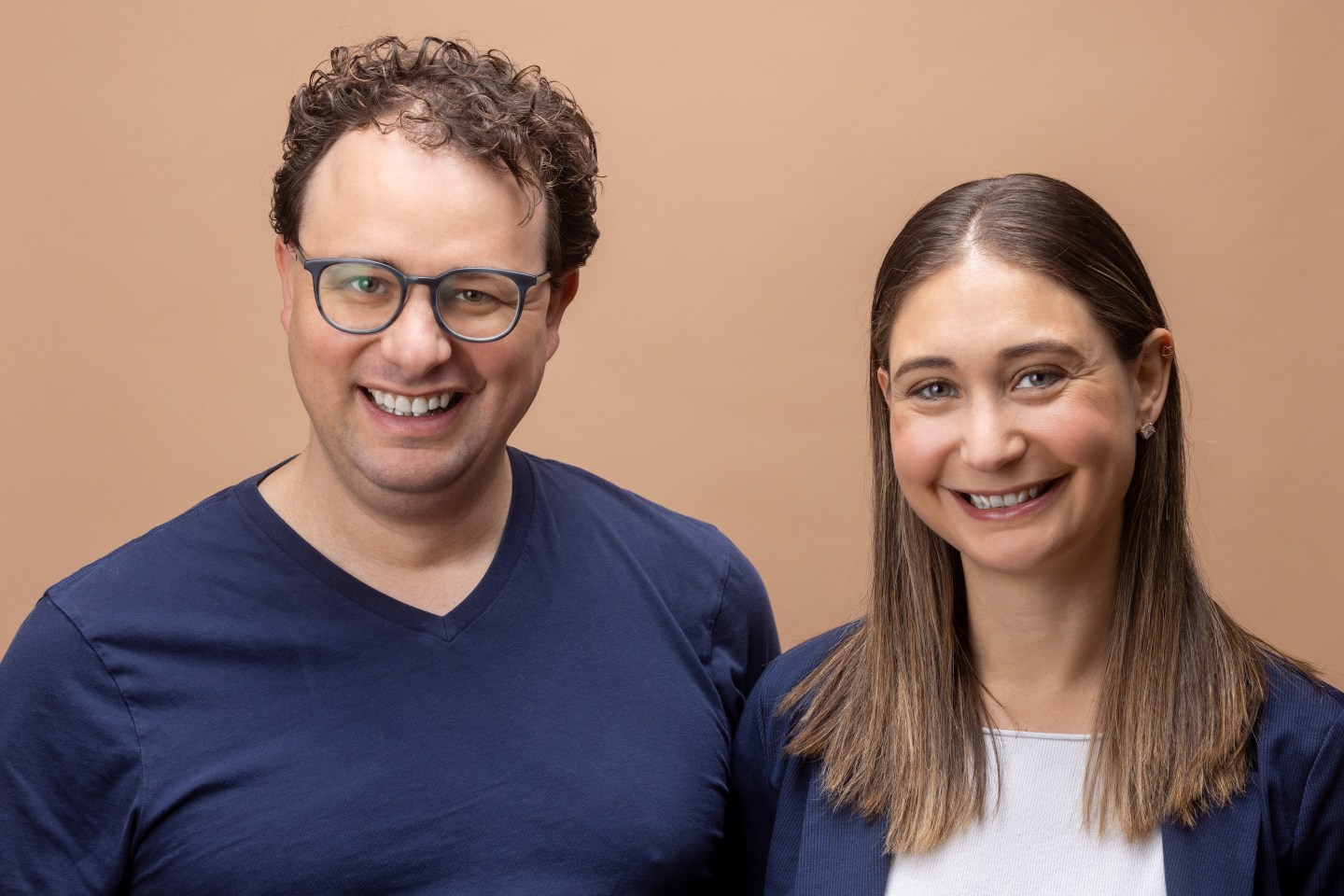Good morning.
With COP28 three weeks away, Fortune assembled a small group of CEOs yesterday, in partnership with BCG, to explore how the private sector can accelerate efforts to address climate change. A few excerpts:
“The bottom line is, whatever measures of progress you look at, we aren’t where we need to be…Only 20% of the top 1,000 companies have a target to get to 1.5 degree centigrade. If you say, well, any net zero target will count, then you get to 60% of companies. But you still have 40% of companies with no net zero target.”
—Rich Lesser, Global Chair, BCG
“We believe we are on a 2.4 degree centigrade warming trajectory…That’s better than the UN would say, but obviously a lot worse than the trajectory that, as a world, we feel we should be on…From an investment standpoint, we think that there’s around $700 billion per annum available right now. It should really be double that.”
—Richard Mattison, Vice Chair, S&P Global
“What we are trying to do now is help our suppliers, and in some cases also our customers, come along with us in this process (of getting to net zero)…Then we need to create a framework that excites our people and that gives them a reason to make all those trade-offs in everyday decisions…But I think we have the foundation, and what I am seeing is that we can now really accelerate fast.”
—Ramon Laguarta, CEO, PepsiCo
“If you’ve got to address climate, you’ve got to address the plastic waste problem in this world…We’ve got 350 million tons of plastic waste being thrown away every year, and only 9% of it is being recycled today.…Our technology can take low quality plastic waste, we can unzip it, back to the building blocks, which is the step before polymer, purify it, make the polymer, and create a continuous loop…with 88% lower carbon footprint than in the current process.”
—Mark Costa, CEO, Eastman Chemical
“The health care sector actually produces 5% of global carbon emissions, which is more than the airline industry…So [reducing this is] a big job, but it is actually happening, and it is mostly due to private-to-private collaboration.”
—Pascal Soriot, CEO, AstraZeneca
“We’d like to see the private sector play a more active role in adaptation to the impact of climate change. It is still vastly underfunded. We already have situations where communities have to change how they live or they work because, frankly, where they live now and what they used to be doing is not possible anymore.”
—Janti Soeripto, CEO, Save the Children US
We’ll explore these topics further at the Fortune Global Forum in Abu Dhabi Nov. 27-29, and then at a pre-COP dinner in Dubai the evening of the 29th. You can get more information here…or shoot me a note if you are interested in attending.
Other news below.

Alan Murray
@alansmurray
alan.murray@fortune.com
TOP NEWS
ByteDance revenue
TikTok owner ByteDance is quickly catching up to its global social media rival, Meta. ByteDance generated $54 billion in the first half of the year, just short of the $60.6 billion the owner of Facebook made in the same period. A fifth of ByteDance’s revenue came from outside of China, primarily from TikTok, as well as enterprise software and video games. The Information
Engine problems
Emirates has ruled out buying more Airbus A350 planes until Rolls-Royce fixes durability issues with the long-haul jet’s engines. "We don’t buy airplanes that are defective,” Emirates’ president Tim Clark said, complaining that the engines performed poorly in hot, dusty climates like Dubai. Airbus is also having engine problems with its smaller jet, the A320, which may force airlines to ground 650 planes next year. Financial Times
The world’s best office market
There’s at least one office market withstanding the slump in commercial real estate: Seoul, South Korea. The city boasts a 1.7% vacancy rate, compared to 19% across Asia and 34% in San Francisco. Real estate analysts say South Korea—much like other economies in Asia—has not embraced the remote working boom seen in North American and European markets. Bloomberg
AROUND THE WATERCOOLER
How AI helped Orangetheory’s legal team complete a 6-month project in half the time: ‘It’s straightforward math to see the cost savings’ by Trey Williams
The anti-hate group that Elon Musk sued released a new report alleging inaction on racist tweets: ‘We will not be cowed by bullies’ by Rachyl Jones
The revenge of the blue-collar worker: Bidenomics is working too well and Democrats’ bourgeois base is souring on it by Irina Ivanova
CEOs say remote work is a disaster for productivity. Goldman’s chief economist says that can’t explain the last 15 years by Jane Thier
Prices of high-end Rolex and Patek Philippe watches hit a new 2-year low as luxury slump spreads beyond LVMH and Gucci by Prarthana Prakash
Forget the gloom of the 1970s—UBS thinks the U.S. economy is headed back to a Clinton-like era of the bustling 1990s by Eleanor Pringle
This edition of CEO Daily was curated by Nicholas Gordon.
This is the web version of CEO Daily, a newsletter of must-read insights from Fortune CEO Alan Murray. Sign up to get it delivered free to your inbox.














